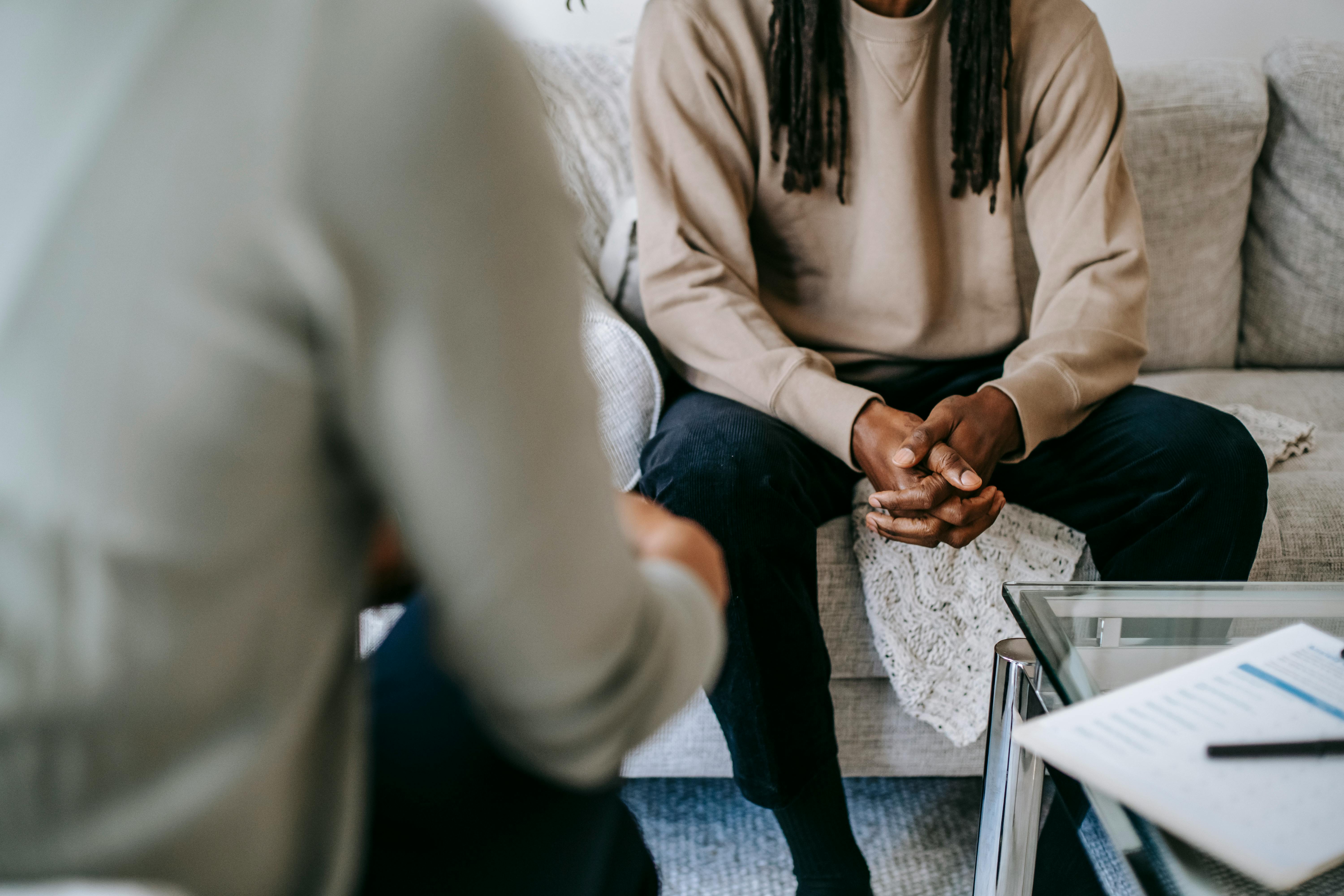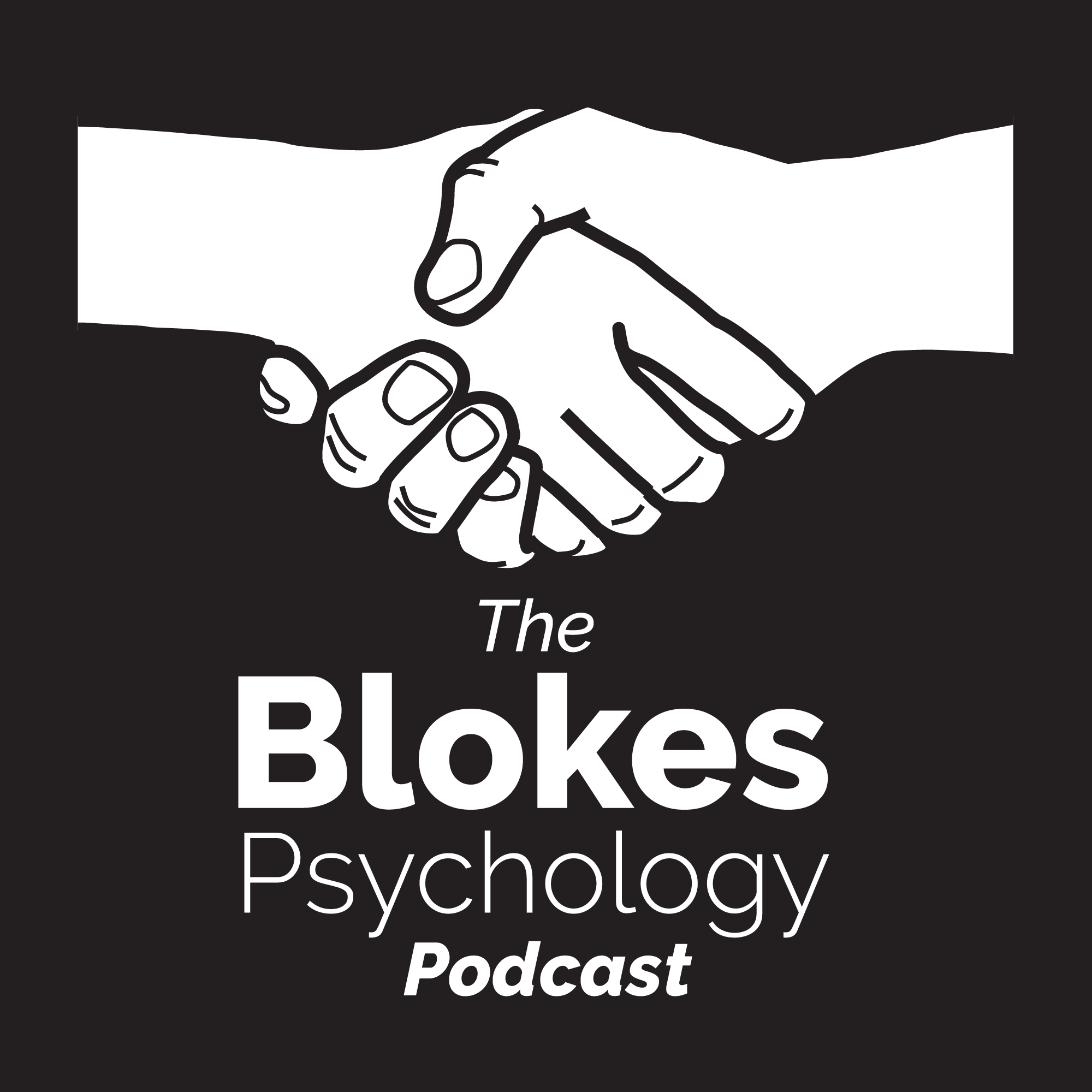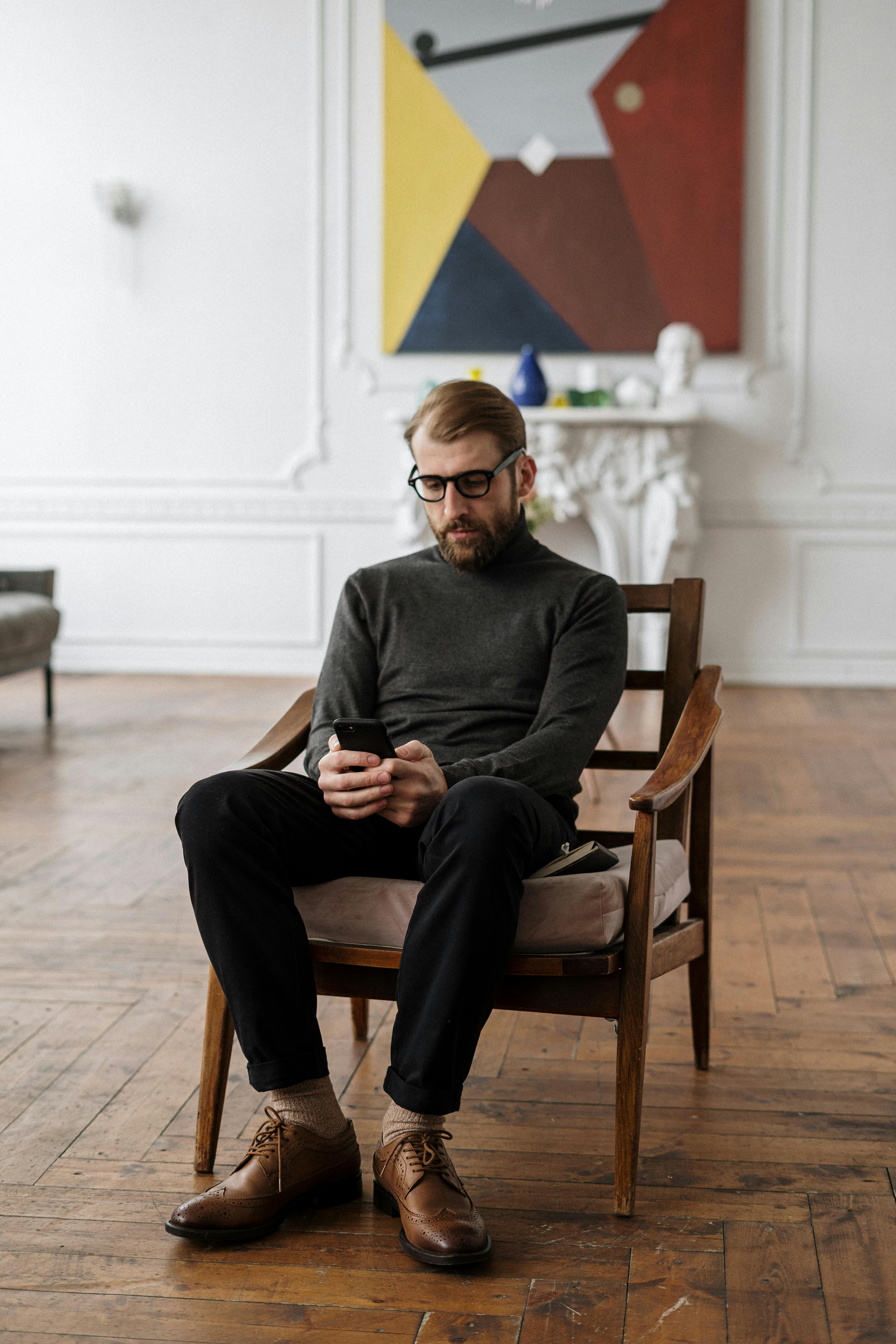What Working with Men in Therapy Has Taught Me
Three years ago, I joined Blokes Psychology after a long stint in the disability sector, where I conducted assessments. Shifting into a therapeutic role focused on men’s mental health counselling felt like a leap at the time, but it turned out to be one of the most rewarding decisions I’ve made.
Now, as I reflect on those three years, I want to share what I’ve learned - both as a psychologist and as a man - about what really matters when working with men in therapy. Spoiler: it’s not just about strategies, structure, or fixing things. It’s about connection, vulnerability, and showing up - on both sides of the room.
Breaking My Own Biases About Men in Therapy
Before I began this work, I assumed I’d be sitting across from stoic, emotionally guarded “blokey blokes” who had no interest in talking about their feelings. I worried they’d be disengaged or even resistant. And while I hate to admit it, I carried some internalised beliefs that many men just didn’t want to be there.
I was wrong.
Within weeks, I realised how powerful it was when I met my clients where they were - without expectation, and without trying to “crack them open.” More often than not, they did open up. And they opened up in ways they’d never been able to before. Time and time again, I heard things like:
“I’ve never told anyone this before.”
“I didn’t even realise I needed to talk about this.”
Those moments completely reframed my perspective on working with men in therapy. It wasn’t about forcing vulnerability - it was about creating a space where they could safely let it in.
What I Thought Would Work in Men’s Mental Health Counselling… Didn’t Always
Early on, I leaned heavily on what the research told me: men want clear strategies and goal-oriented solutions. So that’s what I delivered. And while those tools were sometimes helpful, I soon realised they didn’t address the full picture.
What many of my clients needed first was not a plan, but permission. Permission to feel. Permission to slow down. Permission to admit, “This is hard.”
Through ongoing supervision and considerable self-reflection, I began to see the true value of the therapeutic relationship itself, not as a delivery system for strategies, but as a container for emotional exploration. A space to process, not just perform.
One client said to me, “I thought therapy was meant to fix me. But this feels more like learning who I actually am.”
That’s when it clicked: men don’t just want to feel better. They want to feel understood.
Masculinity, Mental Health, and the Pressure to “Just Cope”
One of the hardest parts of therapy for many men isn’t what you might think. It’s not trauma. It’s not grief. It’s not even emotional pain.
It’s permission to acknowledge that their struggles are valid.
I hear questions like:
- “Should being a dad be this hard?”
- “Is it weak to care that my partner isn’t affectionate?”
- “Why does school or work stress me out this much?”
These aren’t just casual doubts - they’re reflections of a much bigger cultural story: that feeling too much means being less of a man.
My answer is always the same:
Yes, it’s hard. No, you’re not weak. Yes, it matters. And no, you’re not alone.
At its best, men’s mental health support isn’t about dismissing masculinity - it’s about expanding it. I tell clients: you can still value strength, responsibility, and resilience—but strength also looks like asking for help, setting boundaries, and making space for your emotions. That’s the version of masculinity I’m interested in supporting.
Real Progress in Male-Focused Counselling Looks Subtle - And That’s Okay
It’s tempting, even as a therapist, to look for big “breakthrough” moments. The session where everything shifts. The week the DASS-21 scores drop dramatically. But real change often looks quieter than that.
I’ve learned to celebrate the small wins - the ones that mark a shift in mindset, not just behaviour:
- “Being a dad is bloody hard, but I’m trying my best.”
- “I’m allowed to be upset about this.”
- “I feel anxious about school - and that’s valid.”
Those might sound simple, but they’re massive. They represent the start of emotional self-acceptance - and for many men, that’s not a familiar experience. These moments are the real milestones. And I’ve become their biggest hype man.
How Supporting Men’s Emotional Health Has Changed Me
I walked into this job at 25, working with men often twice my age. It was intimidating at first. But over time, I’ve grown into this role in a way I never expected.
I’ve gone from someone who found comfort in assessment scores and data to a therapist who values presence, curiosity, and the quiet courage it takes to just be in the room with someone who’s struggling.
My clients have taught me not only how to be a better psychologist but also a better person. I’ve learned what it means to be a supportive father, a more emotionally connected partner, and, most importantly, someone who doesn’t run from vulnerability.
To my clients: I may be the one guiding you in the room, but I learn from you every single day.
Emotional Wellbeing for Men Starts with Showing Up
Working in male-focused counselling has reshaped how I think about strength, resilience, and masculinity - not just for my clients, but for myself.
Here’s what I now believe:
Struggling doesn’t make you less of a man. Hiding from your struggles does.
True strength is in showing up, in feeling what’s hard to feel, and in doing the work to heal.
If you’re reading this and something here resonates - maybe you’ve been thinking about therapy, or just feeling a little stuck - know this: you don’t need to have it all figured out. You don’t need to be falling apart to deserve support. And you definitely don’t have to do it alone.
Ready to Talk?
If you're ready to take the first step in your own mental health journey - or want to understand more about how men’s therapy works - we’re here for you.
Blokes Psychology offers support across Melbourne, with clinics in Cheltenham, Hawthorn, and Scoresby, plus Telehealth for clients across Australia.
Book a session to take the first step.





